Gary A.
Been spending a lot of time on here!
- Joined
- Sep 17, 2014
- Messages
- 22,357
- Reaction score
- 7,540
- Location
- Southern California
- Website
- www.garyayala.com
To me Leica and Rolex and very different in that many experts will place film Leicas, at or near the top in terms of quality. Most watch experts I read about do not endorse Rolex as the king of quality. Even though Leica has limited use (no very long, no very wide, no macro), it still maintains, in my opinion, an unreasonably high resale value ... as does Rolex. In that respect Rolex and Leica are similar. Yes, Rolex is a genuinely good watch, but it does not favorably compare in workmanship to other watchmakers.I can't speak for plastic electronic digital cameras that will end up on the scrap pile in a couple years, but I love my M6. Like a Rolls Royce or Rolex, it may not make sense to the masses. There's better for shooting windsurfing, etc, just like there are better vehicles for mud bogging. If you can afford one, you deserve it. If not, enjoy what you have but there's no reason to trash what you will probably never understand & make yourself look like an ass in the process.
Sent from my 0PJA2 using Tapatalk
Unlike a Leica, a Rolex is a genuinely good watch. Totally inhouse right to the type of steel or gold. Right up there with Grand Seiko in terms of quality.



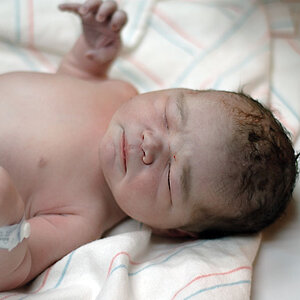

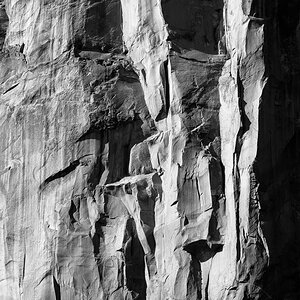

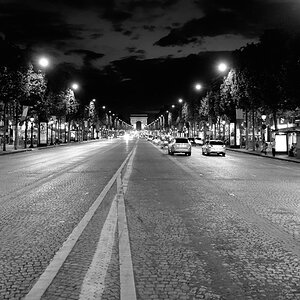
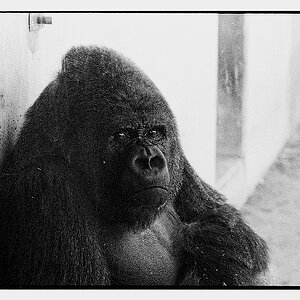

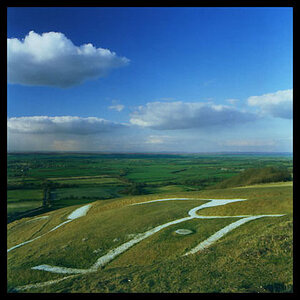
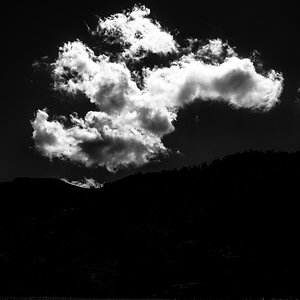

![[No title]](/data/xfmg/thumbnail/39/39184-d7e9fb25ed954af6adbcacfdf106df84.jpg?1619738904)